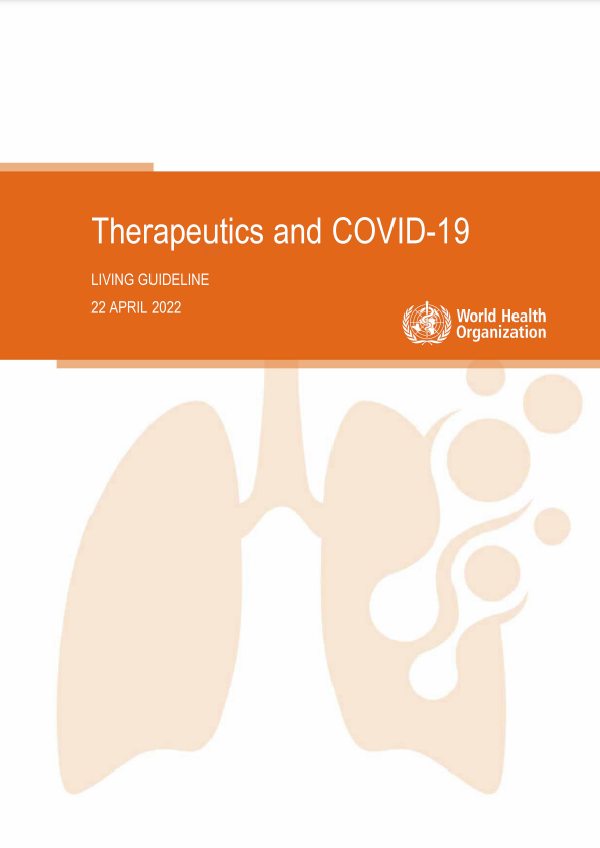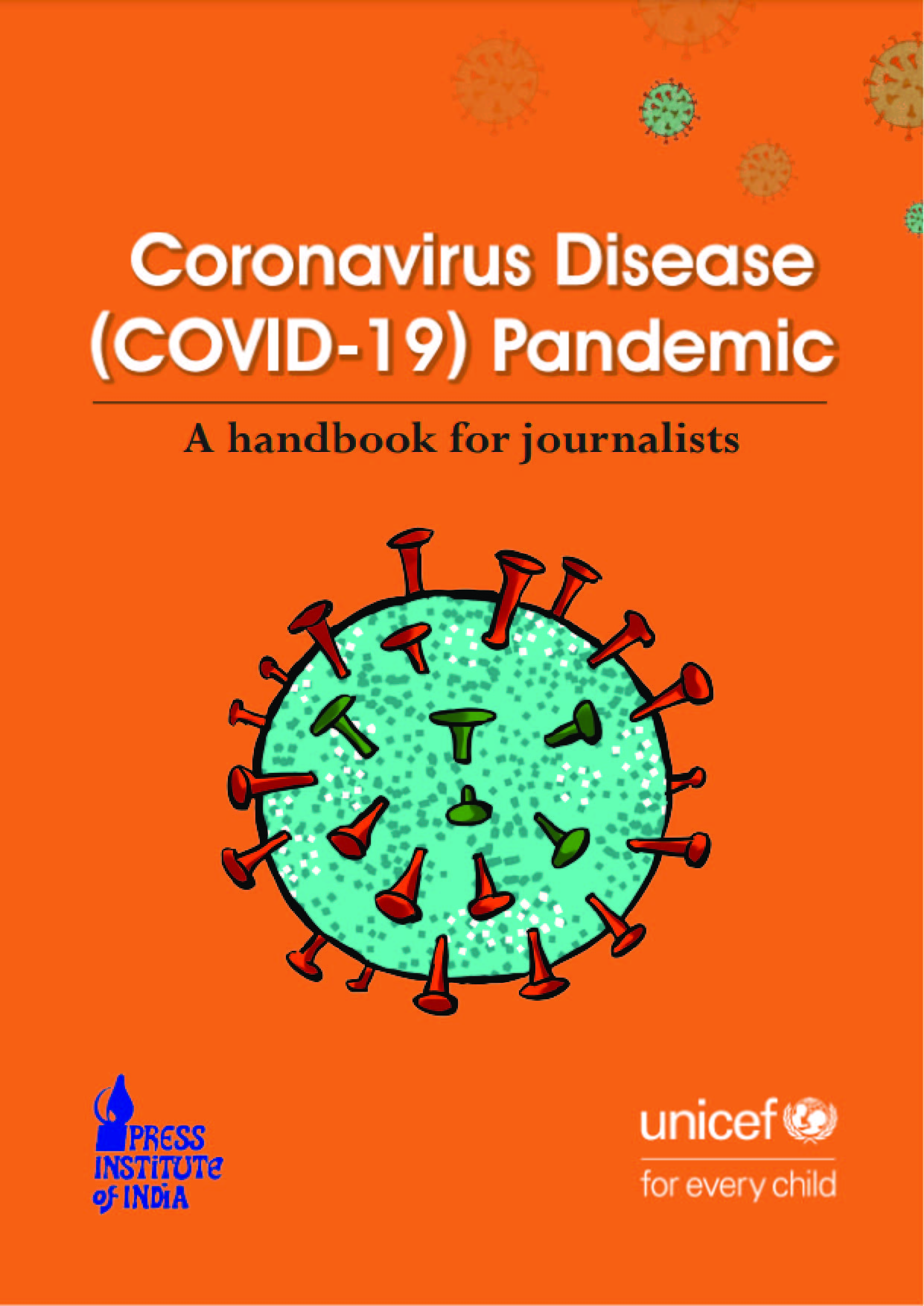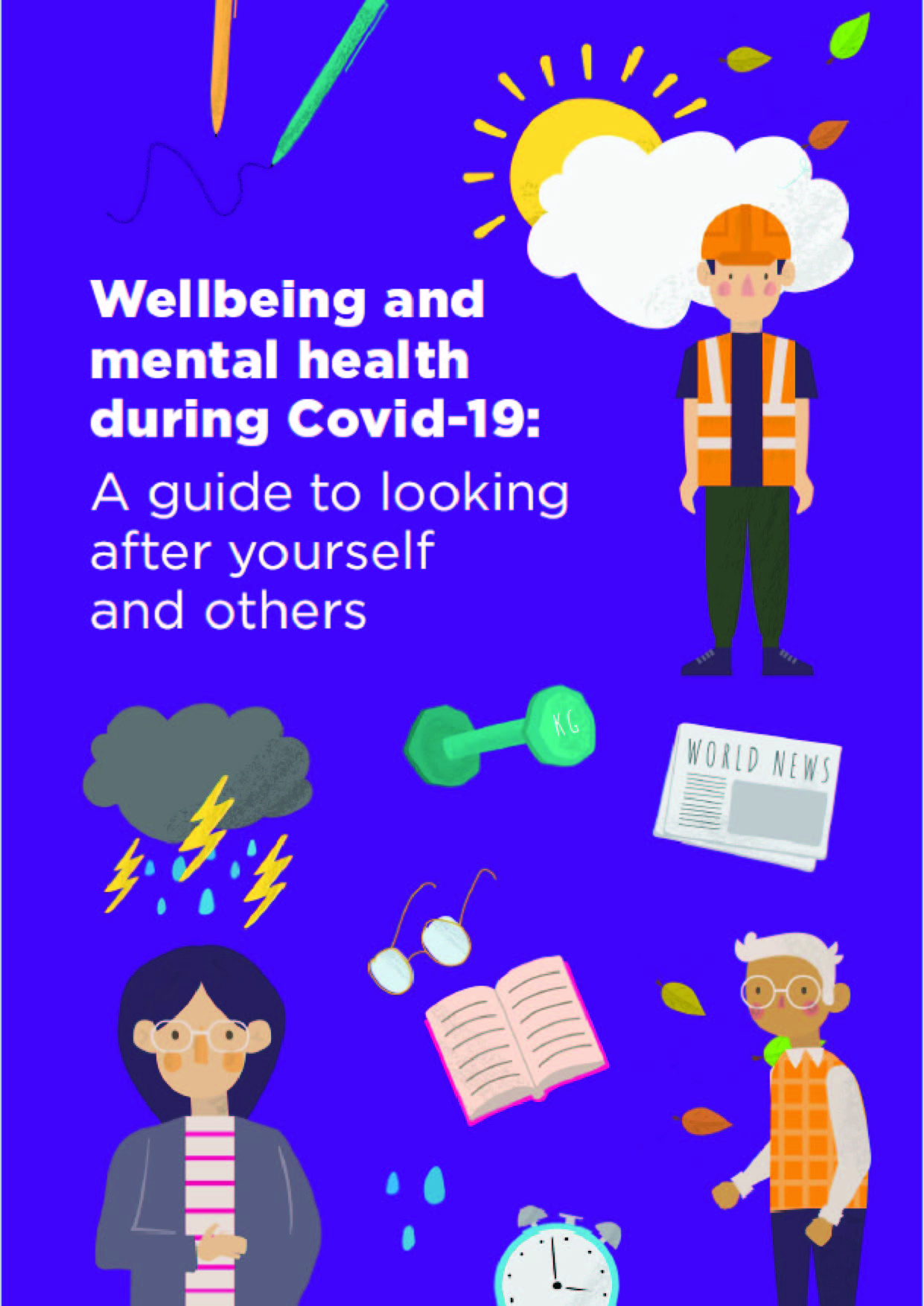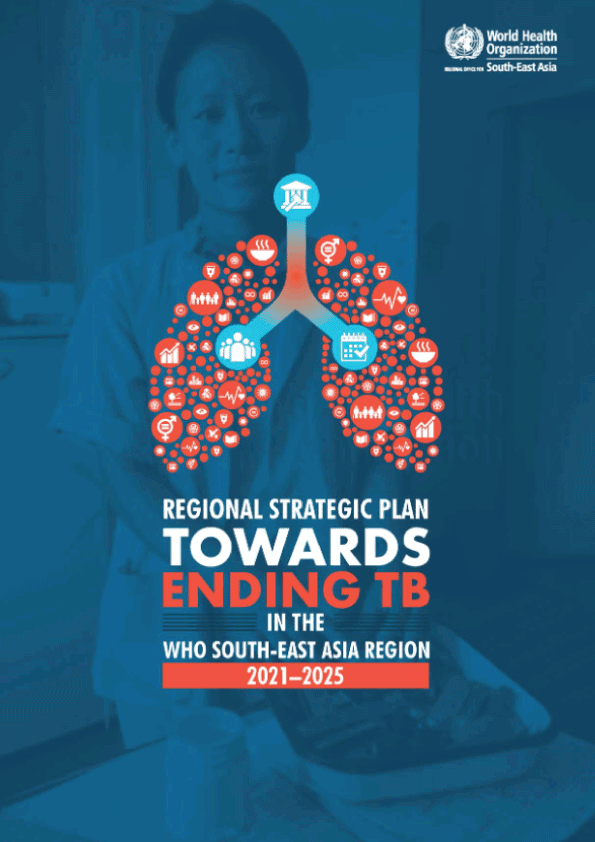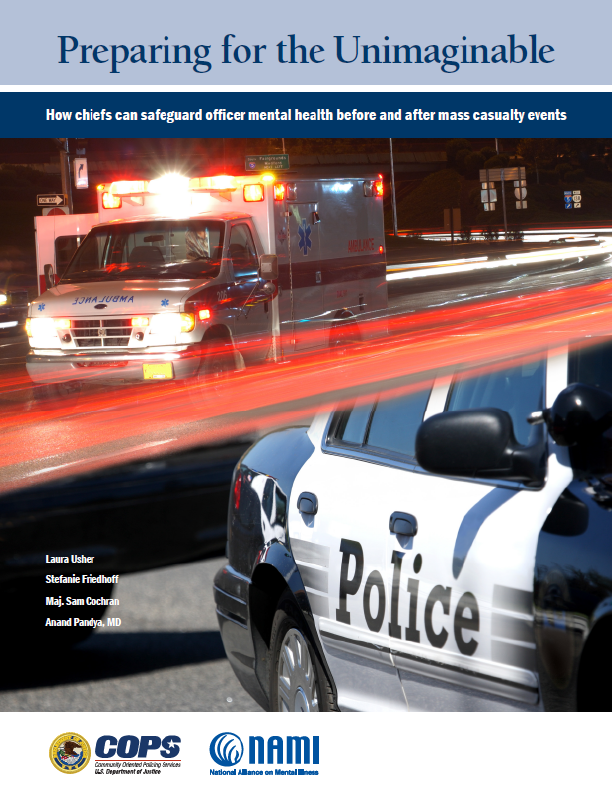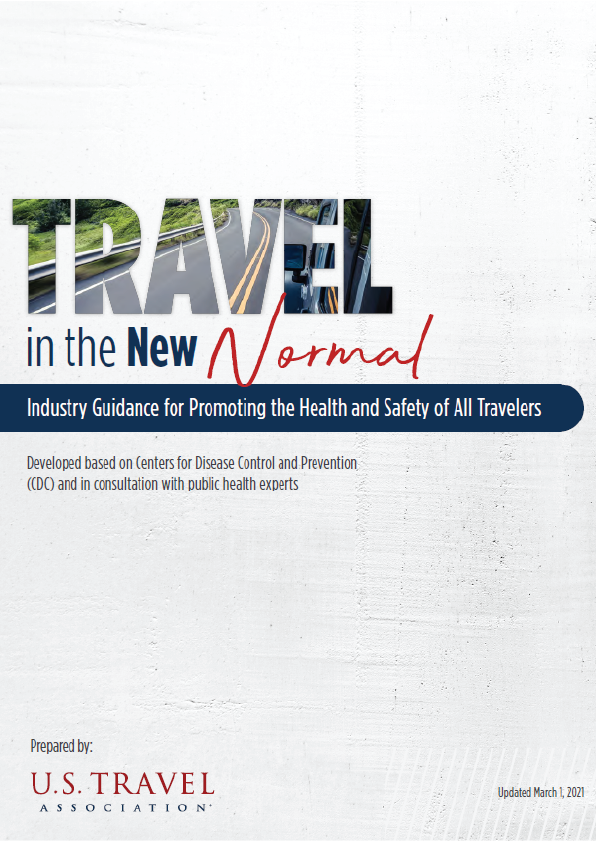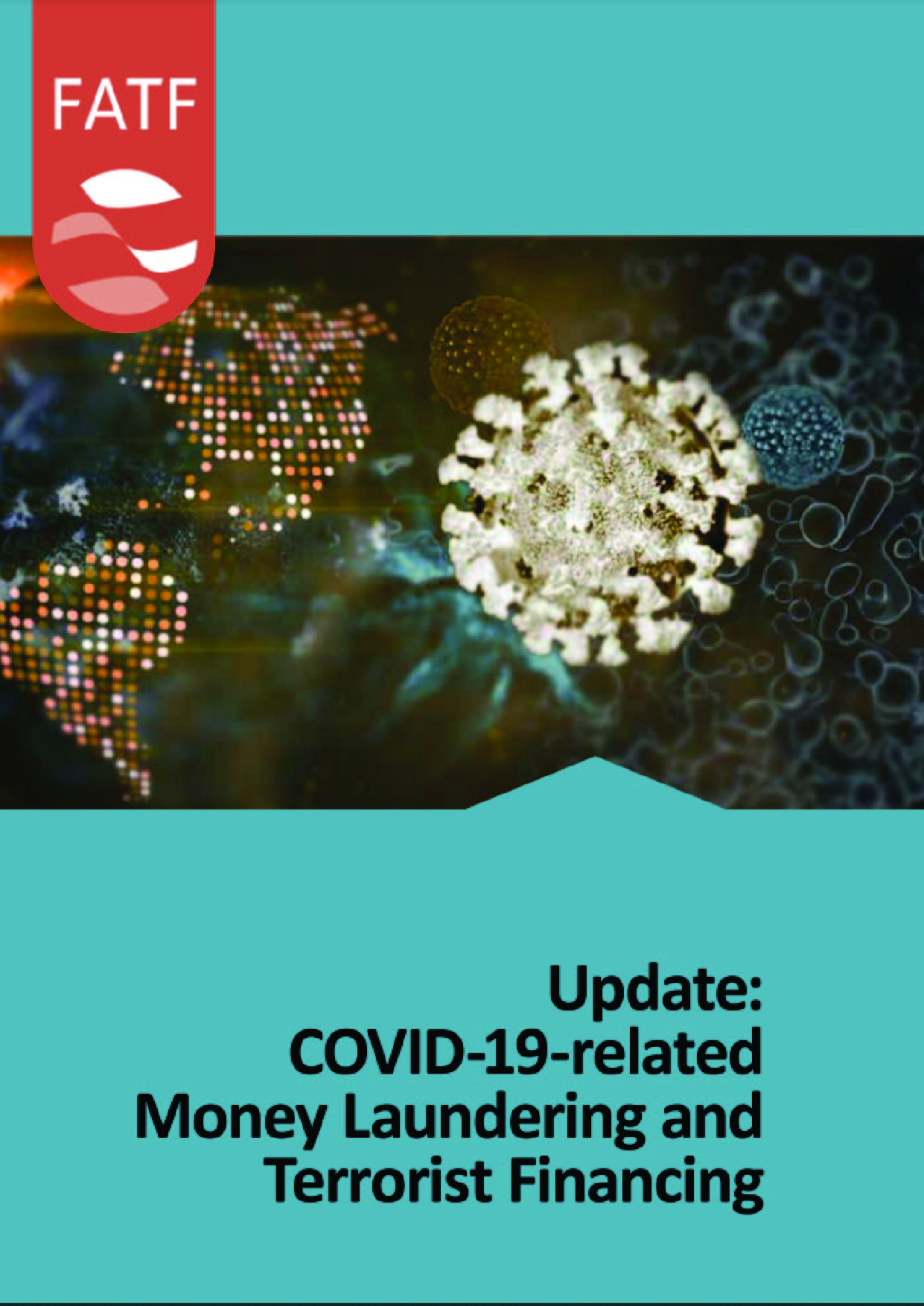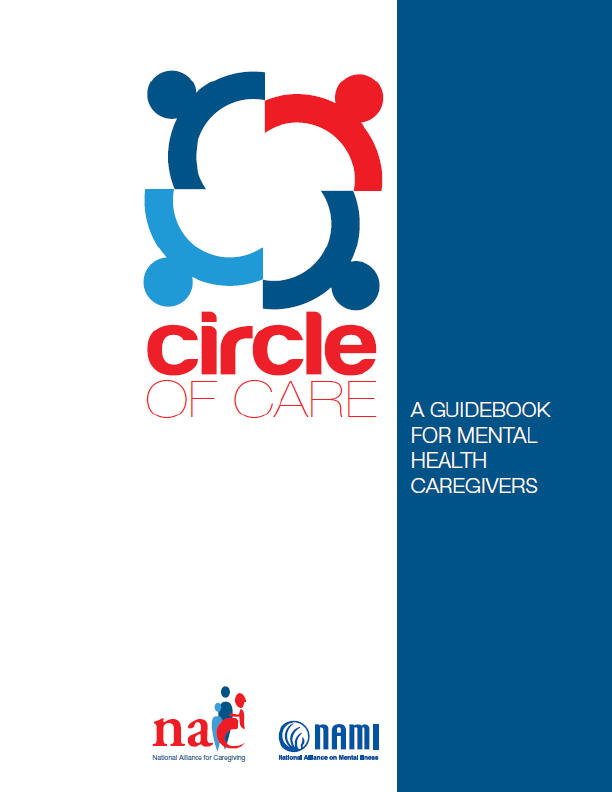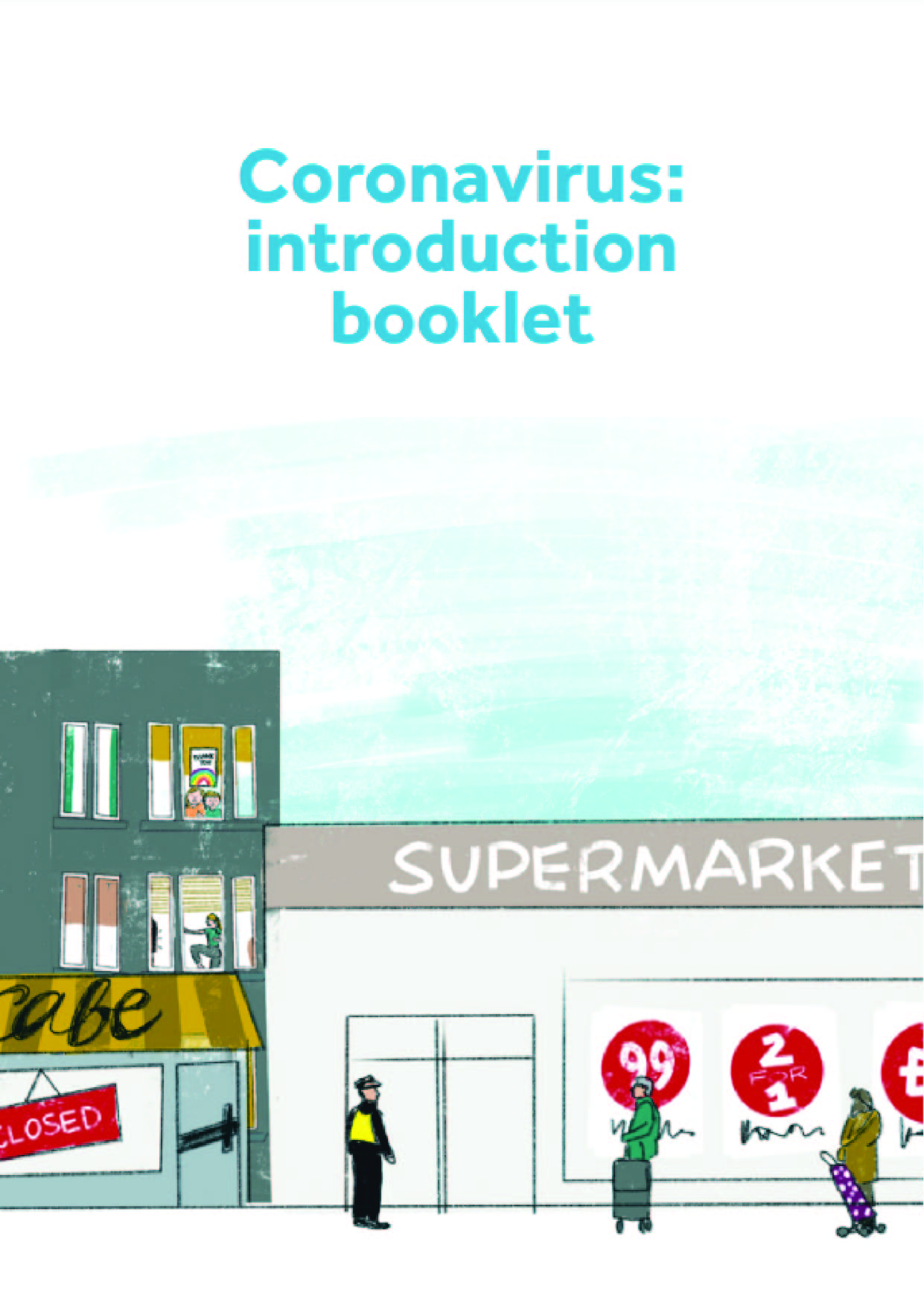Therapeutics and COVID-19: living guidelines
Clinical question: What is the role of drugs in the treatment of patients with COVID-19?
Context: The evidence base for therapeutics for COVID-19 is evolving with numerous randomized controlled trials (RCTs) recently completed and underway. This update adds new recommendations on nirmatrelvir-ritonavir and remdesivir in patients with nonsevere COVID-19; the former was informed by data from 2 RCTs with 3100 patients, and the latter by data from 5 RCTs with 2710 patients.
New recommendations: The Guideline Development Group (GDG) recommends administering nirmatrelvir-ritonavir in patients with non-severe illness at highest risk of hospitalization. A conditional recommendation was made against administering nirmatrelvirritonavir in patients with non-severe illness at low risk of hospitalization. No recommendation was made in patients with severe or critical illness as there are no data on nirmatrelvir-ritonavir for this population.
The GDG suggests treatment with remdesivir in patients with non-severe illness at highest risk of hospitalization. This updates a previous conditional recommendation against remdesivir made in November 2020. The recommendation for patients with severe or critical illness will be updated shortly.
Several treatment alternatives are now available for patients with non-severe COVID-19 at highest risk of hospitalization. In the absence of direct comparisons in trials, indirect comparisons from the living network meta-analysis (LNMA) have been used (see Methods section) to inform use of one drug over another with a related mechanism of action. The GDG remarked that nirmatrelvirritonavir may represent a superior choice because it may have greater efficacy in preventing hospitalization than the alternatives, has fewer concerns with respect to harms than does molnupiravir, and is easier to administer than intravenous remdesivir and the monoclonal antibodies. Choices will depend on availability of the drugs, routes of administration (only intravenous for remdesivir), duration of treatment, and time from onset of symptoms to starting treatment in the trials. Monoclonal antibodies may also represent an alternative therapeutic option, but efficacy may depend on the SARS-CoV-2 variant in question, with a less certain benefit seen with the Omicron BA.1/BA.2 variant which is now dominating in many regions of the world.
Understanding the new recommendations: When moving from evidence to recommendations, the GDG considered a combination of evidence assessing relative benefits and harms, values and preferences, equity and feasibility issues. For patients with non-severe illness, the GDG recognized that nirmatrelvir-ritonavir probably reduces admission to hospital, and may have little or no impact on mortality; whereas the effect on time to symptom resolution and mechanical ventilation were uncertain. Treatment did not increase the likelihood of adverse effects leading to drug discontinuation, though diarrhoea and dysgeusia were noted to occur more frequently. The GDG also acknowledged that only patients at the highest risk of being hospitalized are likely to derive important benefits. This led to the strong recommendation for a treatment in patients with non-severe illness and a conditional recommendation against treatment was made in patients with low risk of hospitalization (where a minority of patients would likely choose to consider treatment).
The conditional recommendation for remdesivir in non-severe illness among patients at highest risk of hospitalization was based on data suggesting remdesivir probably reduces admission to hospital, and may have little or no impact on mortality; whereas impact on mechanical ventilation and time to symptom resolution are very uncertain. Treatment probably does not increase the likelihood of adverse effects leading to drug discontinuation. Similar to nirmatrelvir-ritonavir, treatment was favoured in the highest risk group.
The GDG acknowledged that there was a paucity of information relating to emergence of resistance and more data were needed.
There are no clinical data on combination treatment and currently the GDG advised against combining antivirals in the absence of supporting evidence.
Updates to prior recommendations:
- The conditional recommendation for remdesivir in patients with non-severe illness at highest risk of hospitalization is an updated recommendation from previous recommendations for remdesivir made in November 2020.
Prior recommendations:
Recommended for patients with severe or critical COVID-19:
- a strong recommendation for systemic corticosteroids;
- a strong recommendation for interleukin-6 (IL-6) receptor blockers (tocilizumab or sarilumab), in combination with corticosteroids;
- a strong recommendation for baricitinib as an alternative to IL-6 receptor blockers, in combination with corticosteroids;
- a conditional recommendation for casirivimab-imdevimab for patients with seronegative status, where rapid viral genotyping is available, and confirms infection with a susceptible SARS-CoV-2 variant.
Recommended for patients with non-severe COVID-19 at highest risk of hospitalization:
- a conditional recommendation for molnupiravir;
- a conditional recommendation for sotrovimab;
- a conditional recommendation for casirivimab-imdevimab, where rapid viral genotyping is available, and confirms infection with a susceptible SARS-CoV-2 variant.
Not recommended for patients with non-severe COVID-19:
- a conditional recommendation against systemic corticosteroids;
- a strong recommendation against convalescent plasma.
Not recommended for patients with severe and critical COVID-19:
- a recommendation against convalescent plasma, except in the context of a clinical trial;
- a conditional recommendation against ruxolitinib and tofacitinib.
Not recommended, regardless of COVID-19 disease severity:
- a strong recommendation against hydroxychloroquine;
- a strong recommendation against lopinavir/ritonavir;
- a recommendation against ivermectin, except in the context of a clinical trial.
About this guideline: This living guideline from the World Health Organization (WHO) incorporates new recommendations on nirmatrelvir-ritonavir and remdesivir for patients with non-severe COVID-19. The GDG typically evaluates a drug when WHO judges sufficient evidence is available to make a recommendation. While the GDG takes an individual patient perspective in making recommendations, it also considers resource implications, acceptability, feasibility, equity and human rights. This guideline was developed according to standards and methods for trustworthy guidelines. It is supported by LNMAs (1)(2)(3).
Updates and access: This is the tenth update of the living guideline. It replaces earlier versions (2 September 2020, 20 November 2020, 17 December 2020, 31 March 2021, 6 July 2021, 24 September 2021, 7 December 2021, 14 January 2022 and 3 March 2022). The current guideline and its earlier versions are available through the WHO website (4), the BMJ (5), and MAGICapp (online and also as PDF outputs for readers with limited internet access). The living guideline is written, disseminated, and updated in an online platform (MAGICapp), with a user-friendly format and easy-to-navigate structure that accommodates dynamically updated evidence and recommendations, focusing on what is new while keeping existing recommendations updated within the guideline.
This living WHO guideline for COVID-19 treatments is related to the larger, more comprehensive guideline for COVID-19 clinical management (6). Guidelines for the use of drugs to prevent (rather than treat) COVID-19 are published separately on the WHO website (7) and by the BMJ (8), supported by an LNMA (9).
